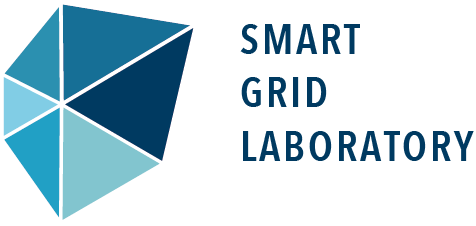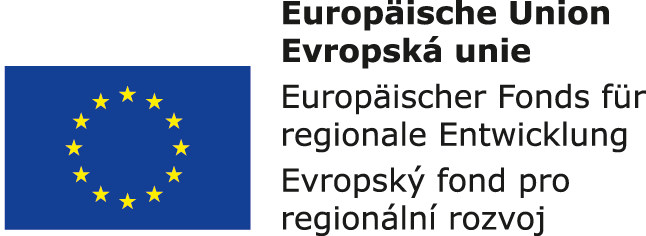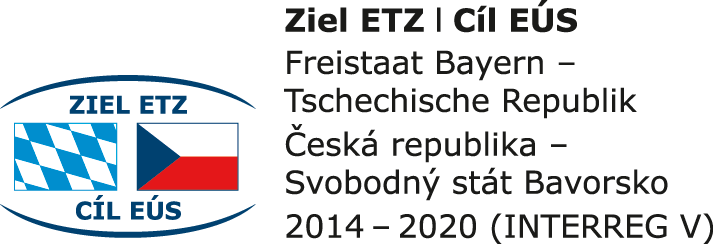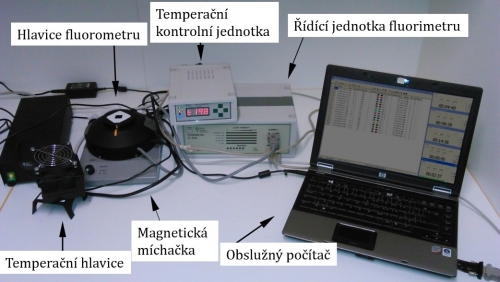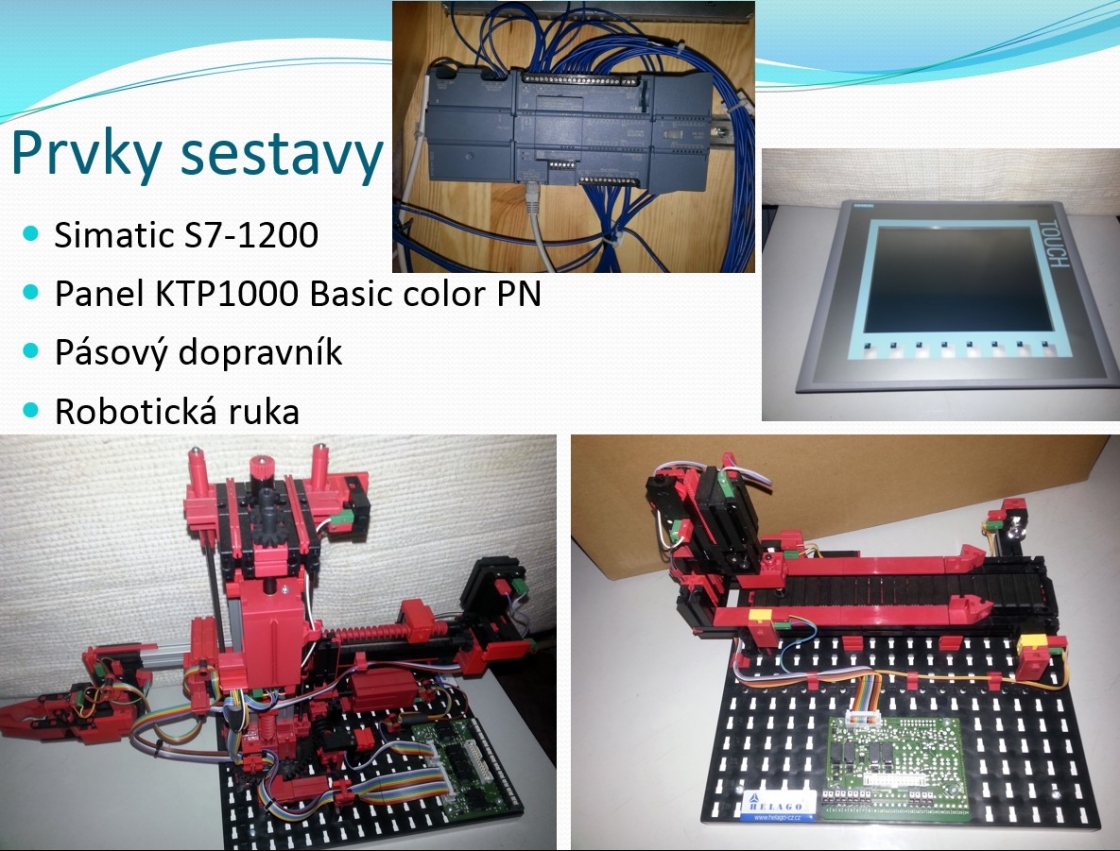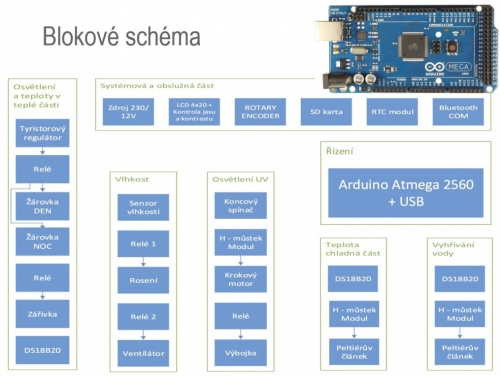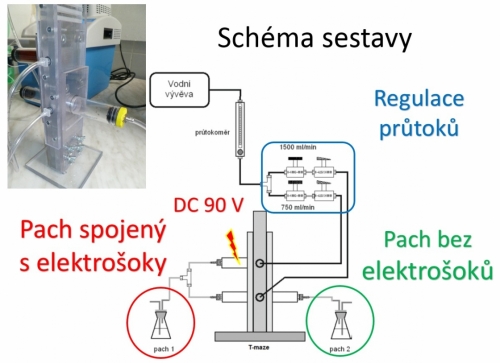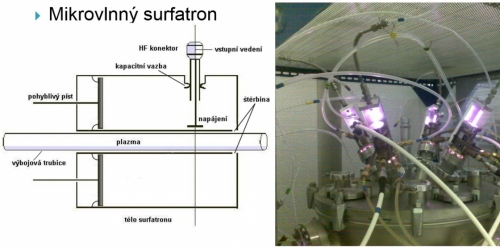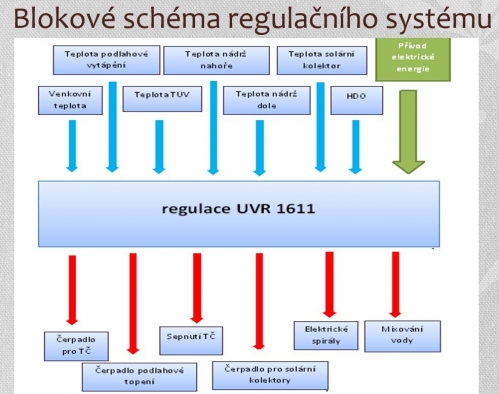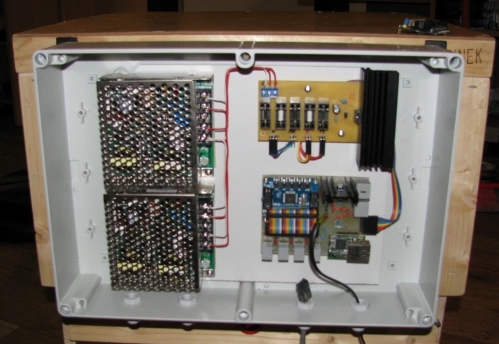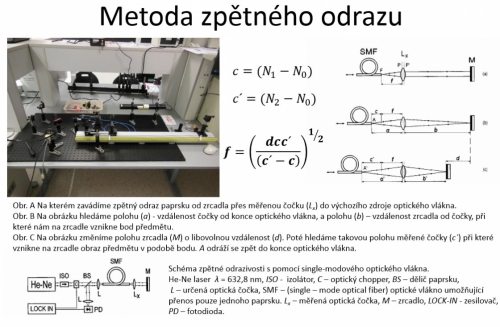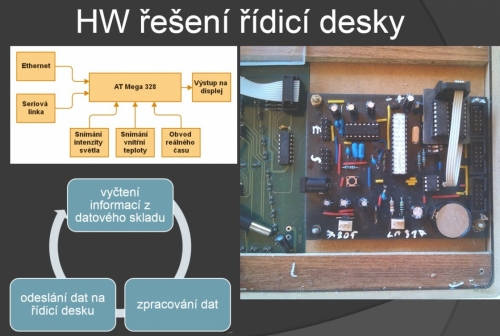|
Název předmětu
|
Vyučující
|
Studijní opory,
úkoly pro samostatnou práci,
požadavky na samostudium
|
|
Obecná fyzika I.
|
doc. RNDr. Petr Jelínek, Ph.D.
|
https://elearning.jcu.cz/course/index.php?categoryid=1290
|
|
Lineární algebra
|
Mgr. Lenka Zalabová, Ph.D.
|
http://fix.prf.jcu.cz/~lzalabova/ALGEBRA/
|
|
Matematická analýza I.
|
prof. RNDr. Vlastimil Křivan, CSc.
|
https://elearning.jcu.cz/course/view.php?id=822
|
|
Repetitorium matematiky
|
Mgr. Jan Eisner, Dr.
|
http://fix.prf.jcu.cz/~eisner/lock/UMB-550-Rep-2018/
|
|
Technické kreslení I.
|
Ing. Jan Jakeš
|
sdílený disk
|
|
Výpočetní technika pro fyziky
|
Mgr. Václav Šlouf, Ph.D.
|
https://elearning.jcu.cz/course/index.php?categoryid=699
|
|
Základy fyzikálních měření
|
doc. RNDr. Vítězslav Straňák, Ph.D.
|
https://elearning.jcu.cz/course/view.php?id=946
|
|
Programování I.
|
Ing. Ladislav Ptáček, Ph.D.
|
sdílený disk
|
|
Bezpečnostní předpisy
|
doc. PaedDr. Petr Adámek, Ph.D.
|
sdílený disk
|
|
Obecná fyzika II.
|
doc. RNDr. Vítězslav Straňák, Ph.D.
|
https://elearning.jcu.cz/course/index.php?categoryid=1291
|
|
Fyzikální praktikum I.
|
Ing. Helena Poláková, Ph.D.
|
https://elearning.jcu.cz/course/view.php?id=977
|
|
Matematická analýza II.
|
doc. Ing. Luděk Berec, Dr.
|
https://elearning.jcu.cz/enrol/index.php?id=1440
|
|
Postupová zkouška z cizího jazyka
|
Mgr. Klára Pavlínová
|
https://elearning.jcu.cz/enrol/index.php?id=612
heslo: autonomy
https://www.prf.jcu.cz/kja/oddeleni/odkazy/self-study-weblinks.html
|
| Programování II. |
Ing. Ladislav Ptáček, Ph.D.
|
sdílený disk
|
|
Seminář Katedry fyziky
|
doc. RNDr. Petr Jelínek, Ph.D.
|
https://elearning.jcu.cz/course/index.php?categoryid=1297
sdílený disk
|
|
Technické kreslení II.
|
Ing. Jan Jakeš
|
sdílený disk
|
|
Architektura počítačů II.
|
Ing. Bc. Břetislav Bakala
|
https://elearning.jcu.cz/enrol/index.php?id=804
|
|
Automatizace a řízení I.
|
Ing. Michal Šerý, Ph.D.
|
sdílený disk
http://home.pf.jcu.cz/~kyklop/SERYM/index.html
|
|
Kinematika robotů
|
Mgr. Jiří Pech, Ph.D.
|
sdílený disk
|
|
Elektronika I.
|
Mgr. Zdeněk Hubička, Ph.D.
|
sdílený disk
|
|
Fyzikální praktikum II.
|
RNDr. František Adamec, CSc.
|
https://elearning.jcu.cz/course/index.php?categoryid=806
|
|
Statistické vyhodnoc. Experiment. dat
|
Mgr. Martin Čada, Ph.D.
|
sdílený disk
|
|
Praktikum z elektroniky
|
Ing. Ladislav Ptáček, Ph.D.
|
https://elearning.jcu.cz/course/view.php?id=1783
|
|
Computer Hardware
|
Ing. Václav Novák, CSc.
|
https://elearning.jcu.cz/course/view.php?id=404
|
|
Elektronika II.
|
Mgr. Zdeněk Hubička, Ph.D.
|
sdílený disk
|
|
Automatizace a řízení II
|
Ing. Michal Šerý, Ph.D.
|
sdílený disk
http://home.pf.jcu.cz/~kyklop/SERYM/index.html
|
|
Fyzikální praktikum III.
|
RNDr. Milan Durchan, CSc.
|
https://elearning.jcu.cz/enrol/index.php?id=775
|
|
Praktikum z automatizace
|
Ing. Václav Novák, CSc.
|
https://elearning.jcu.cz/course/view.php?id=405
|
|
Ekonomika a marketing
|
Ing. Jiří Čejka, Ph.D.
|
sdílený disk
|
|
Principy a systémy měřicích přístrojů
|
doc. PaedDr. Petr Adámek, Ph.D.
|
https://moodle.pf.jcu.cz/course/view.php?id=466
(heslo pro přístup jako host:"aaa")
|
|
Přenos a zpracování signálů
|
Ing. Ladislav Ptáček, Ph.D.
|
sdílený disk
|
|
Fyzikální praktikum IV.
|
Mgr. Marcel Fuciman, Ph.D.
|
https://elearning.jcu.cz/enrol/index.php?id=1034
|
|
Navrhování mikropočítačových systémů
|
Ing. Václav Novák, CSc.
|
https://elearning.jcu.cz/course/view.php?id=402
|
|
Bakalářská práce I.
|
školitel
|
individuálně, podle školitele
|
|
Bakalářská zkouška z cizího jazyka
|
Mgr. Klára Pavlínová
|
https://elearning.jcu.cz/enrol/index.php?id=612
heslo: autonomy
https://www.prf.jcu.cz/kja/oddeleni/odkazy/self-study-weblinks.html
|
|
Užitá elektronika
|
Mgr. Martin Čada, Ph.D.
|
sdílený disk
|
|
Robotika I.
|
Mgr. Jiří Pech, Ph.D.
|
https://elearning.jcu.cz/course/view.php?id=1361
sdílený disk
|
|
Praxe – MAT
|
doc. RNDr. Petr Jelínek, Ph.D.
|
https://elearning.jcu.cz/course/index.php?categoryid=1288
|
|
Bakalářská práce II.
|
školitel
|
individuálně, podle školitele
|
|
Modelování elektronických obvodů
|
Mgr. Zdeněk Hubička, Ph.D.
|
sdílený disk
|
|
Snímače, detektory, čidla 1.
|
doc. PaedDr. Petr Adámek, Ph.D.
|
sdílený disk
https://moodle.pf.jcu.cz/course/view.php?id=358
(heslo pro přístup jako host:"aaa")
|
|
Snímače, detektory, čidla 2.
|
doc. PaedDr. Petr Adámek, Ph.D.
|
sdílený disk
https://moodle.pf.jcu.cz/course/view.php?id=358
(heslo pro přístup jako host:"aaa")
|
|
Architektura počítačů I
|
Ing. Miroslav Skrbek, Ph.D.
|
https://elearning.jcu.cz/course/view.php?id=1380
https://elearning.jcu.cz/pluginfile.php/64434/mod_resource/content/7/ap1_pre
dnasky_17_18.pdf
|
|
Matematická analýza III.
|
doc. Ing. Luděk Berec, Dr.
|
https://elearning.jcu.cz/course/index.php?categoryid=279
http://fix.prf.jcu.cz/~eisner/lock/UMB-565/SP-MA-3.pdf
|
|
Úvod do diferenciálních rovnic
|
prof. RNDr. Vlastimil Křivan, CSc.
|
https://elearning.jcu.cz/course/view.php?id=834
|
|
Mikroprocesorová technika
|
Ing. Michal Šerý, Ph.D.
|
sdílený disk
http://home.pf.jcu.cz/~kyklop/SERYM/index.html
|
|
Technologie tištěných spojů
|
doc. PaedDr. Petr Adámek, Ph.D.
|
sdílený disk
https://moodle.pf.jcu.cz/course/view.php?id=360
(heslo pro přístup jako host:"aaa")
|
|
Audiovizuální technika
|
Ing. Ladislav Ptáček, Ph.D.
|
https://elearning.jcu.cz/course/index.php?categoryid=1284
|
|
Jaderná energetika
|
Ing. František Krejčí
|
sdílený disk
|
|
Paralelní programování
|
doc. RNDr. Milan Předota, Ph.D.
|
https://elearning.jcu.cz/course/view.php?id=1827
https://elearning.jcu.cz/course/index.php?categoryid=496
|
|
Operační systém Linux
|
Mgr. Jiří Pech, Ph.D.
|
https://elearning.jcu.cz/course/view.php?id=382
sdílený disk
|
|
Fyzika pevných látek
|
Mgr. Zdeněk Hubička, Ph.D.
|
sdílený disk
|
|
Fyzika plazmatu
|
Ing. Helena Poláková, Ph.D.
|
sdílený disk
|
|
Materiály a technologie přípravy
|
Mgr. Martin Čada, Ph.D.
|
sdílený disk
|

